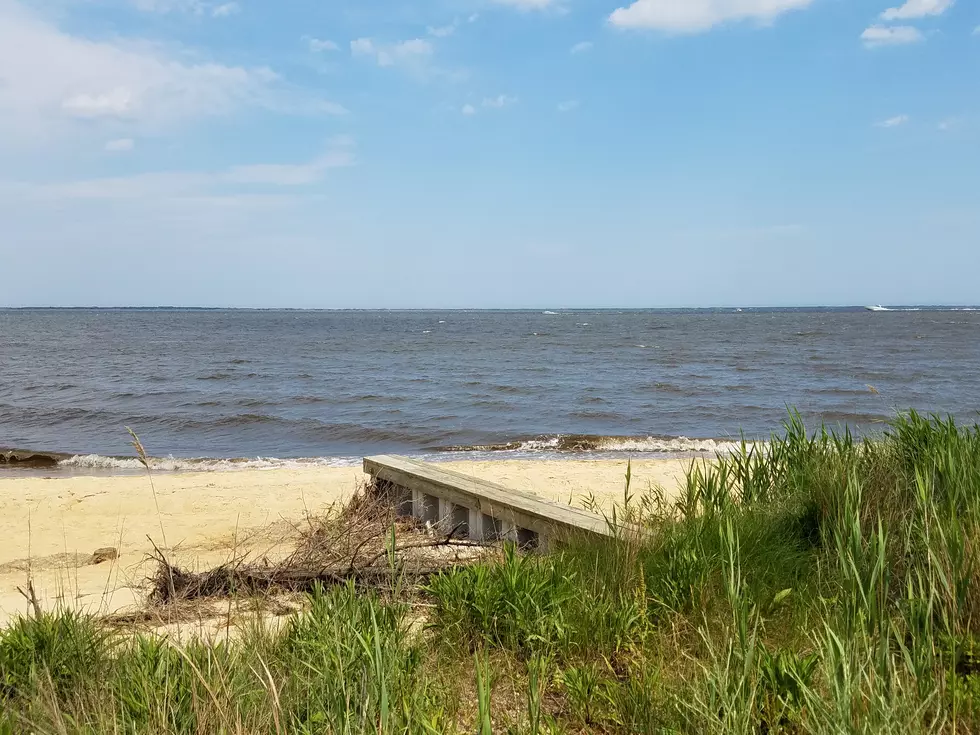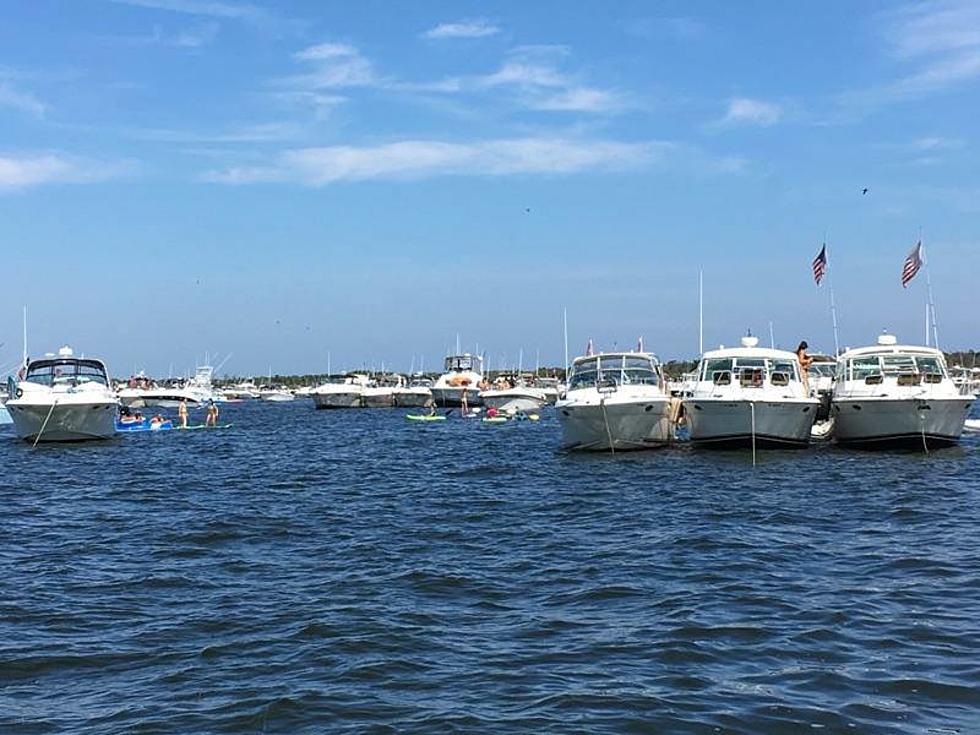
Nip the sea nettles: Barnegat Bay Blitz workshops upcoming
If your property includes floating docks or manufactured bulkheads, and you're not keeping them scrubbed, you're risking a proliferation future of the stinging, voracious jellyfish called sea nettles. New Jersey environmental officials venture to Ocean County lagoon areas in mid-May, to demonstrate effective maintenance.
The Barnegat Bay Bulkhead Blitz returns May 13 in the Curtis Point section of Mantoloking; May 14 and May 22 in the Berkeley Shores and Good Luck Point sections of Berkeley Township; and May19 in Brick Township's Shore Acres section.
Staffers from the New Jersey Department of Environmental Protection (DEP) will demonstrate power washing and scrubbing techniques that dispel speck-sized polyps that cling to hard surfaces to germinate before launching into surrounding waters to grow into sea nettles.
"Sea nettle polyps prefer hard, smooth surfaces such as those found on bulkheads, floating docks, and even trash," according to Joe Bilinski, Barnegat Bay Project Manager for DEP's Division of Science, Research and Environmental Health.
"These preventative measures can be employed to assist in limiting available habitat for sea nettle settlement, which can help reduce their numbers."
Lagoons, with minimal tidal flow and high nitrogen content, are a nutritional smorgasbord for sea nettles.
"Our research conducted in partnership with Montclair University shows we can all make an impact on controlling sea nettles by taking a few simple, but effective steps in the spring or in the fall," DEP Commissioner Bob Martin said in prepared comments.
"Sea nettle populations can become problematic in areas where water flow is restricted. The scrubbing or powerwashing of bulkheads and docks can greatly reduce the number of sea nettles we see later in the summer."
The program arose from a three-year, $283,000 study of sea nettle growth in Barnegat Bay, part of the Christie Administration's comprehensive action plan to address the waterway's ecological health.
The Bulkhead Blitz was conceived after the DEP reviewed the results of a three-year, DEP-funded research study about the presence of sea nettles in Barnegat Bay as part of the Christie Administration's comprehensive action plan to address the bay's ecological health.
Research overseen by Montclair State University Director of Marine Biology and Coastal Sciences Dr. Paul Bolognia concluded that the high-density population of the jellyfish in the northern end of the bay threatened to migrate southward and extend into adjoining estuaries and coastal waters.
DEP is subsidizing the University's efforts to identify natural predators of sea nettle polyps. Researchers are collecting predator mollusks called nudibranchs for lab studies to determine their effectiveness in feeding on polyps.
Click here to view a video, "Don't Let The Sea Nettles Settle" and to learn more about the comprehensive action plan.
More From 105.7 The Hawk









